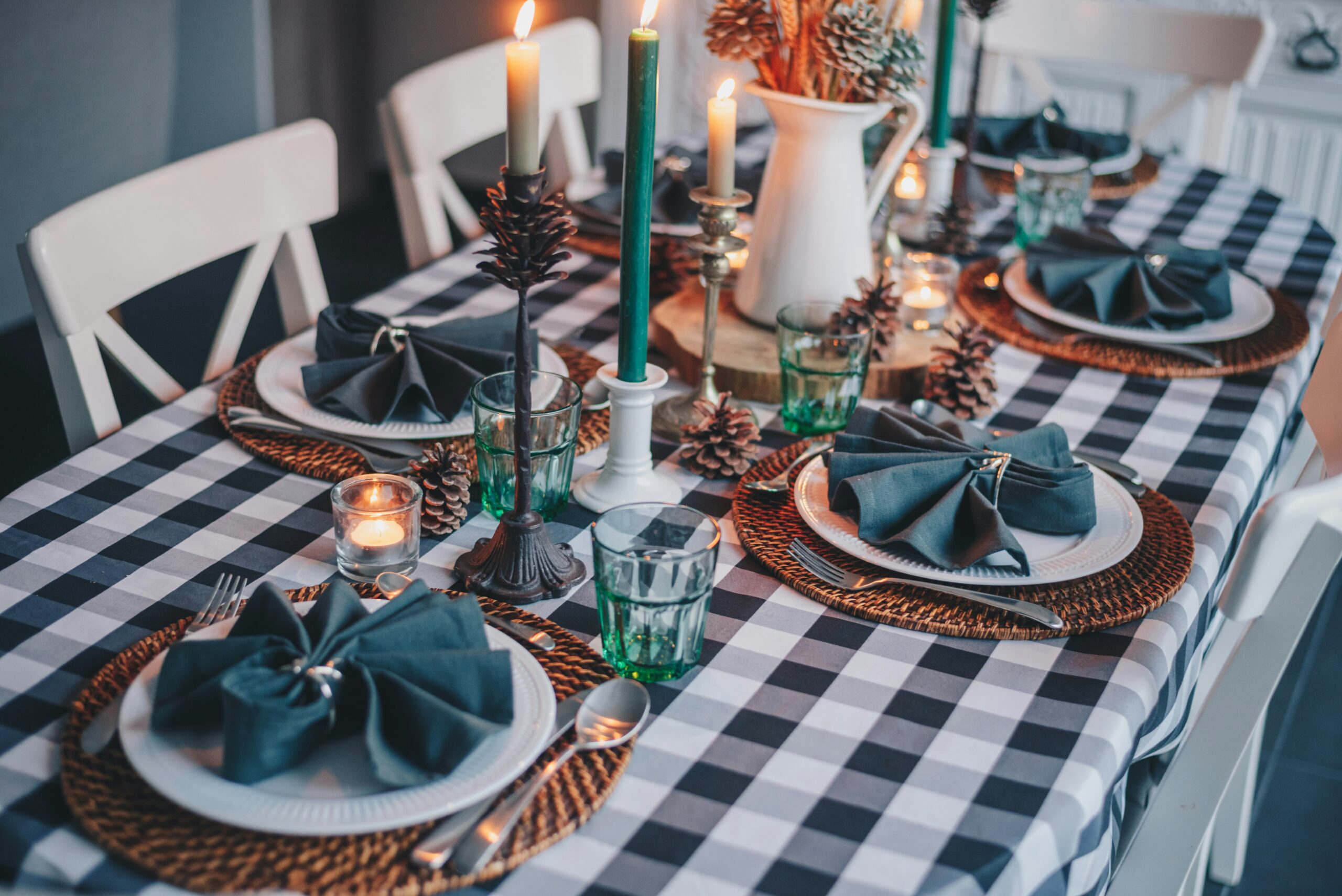Holidays are a time of gathering, celebrating, and traditions. When navigating an eating disorder, it is important to create a plan to ensure you are remaining recovery-focused. Processing with your therapist beforehand (if you have one) and designating a support person could be helpful in moments of struggle. Let’s dive right into what planning ahead could look like:
1. Find and lean on your support people
It’s comforting to know that there is someone at a holiday gathering who will be there to support you when your thoughts and feelings become a little too overwhelming. It is also important to ensure that your support person knows what support resonates most with you. This could look like telling your support person what they can do to be helpful beforehand, what specific behaviors may look like, and/or having a code word when you feel like you need to step away for a moment to process. Designating a support person can help with accountability to try adaptive coping skills rather than eating disorder behaviors.
2. Bring a food dish you feel comfortable eating
Depending on where you are in your recovery journey, you might experience worrisome thoughts about what will be available for you to eat. While it is important to expose yourself to different foods that may not feel “safe,” holiday gatherings may not be the place to stretch your comfort in this regard. The aim would be to encourage successful eating without risking the progress that you’ve made. It could be helpful to bring a dish that you know will be comfortable to eat to continue meeting your goals and nourish your body.
3. Form a list of reframing statements
Remember that you are in a difficult situation. Struggling does not mean that you are taking a step back from recovery. The eating disorder voice can be a loud one. It is important to have statements on hand, either on your notes app or on flashcards, to reframe your negative and eating disorder thoughts to remember why you are choosing recovery. Make sure that the reframing statements feel authentic to you.
Examples of reframing statements:
- I will nourish my body with delicious and nutritious foods.
- I don’t need to exercise to earn or burn off a meal.
- My well-being doesn’t depend on my weight, size, or shape.
- I will be patient with myself, even if it’s not perfect.
- I can’t control others, but I can control my outlook and attitude.
- I will not compare myself to others. I am my own person on my own journey.
- Every day is a new chance to grow and heal.
- I am not defined by my eating disorder.
4. Start a holiday tradition that does not revolve around food
You always have an opportunity to enjoy the holidays, and you may want to consider finding new ways of enjoying them. Remember, the holidays are meant to bring people together. Maybe it looks like starting a tradition of playing a new family game, driving around to see decorations, watching a holiday movie, engaging in arts and crafts, or seeing a musical or play. This is with the purpose of remembering that holidays don’t always have to revolve around food while giving you something to look forward to.
5. Create an Exit Plan
Though we discussed planning ahead for difficult moments, there may be times when your adaptive coping skills don’t work or you aren’t able to use them. This is why it could be helpful to have an exit strategy to separate yourself from a triggering situation. This could look like excusing yourself to call a support person or stepping outside to have a moment away to clear your head. Prioritize taking the time needed to refocus and ground yourself.
If any of these resonate with you, or you would like further support during this or any time of year, please do not hesitate to contact our office to schedule an appointment. We would be honored to walk with you through your wellness journey!
You may be interested in: Unveiling the Overlapping Struggles of Eating Disorders and OCD





